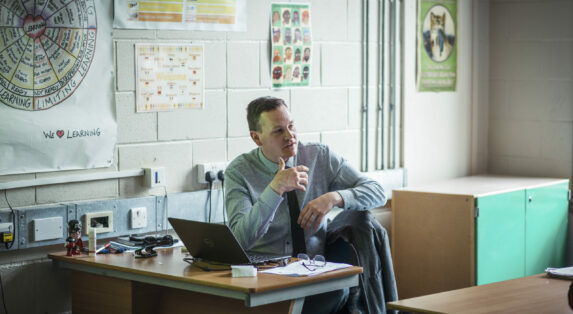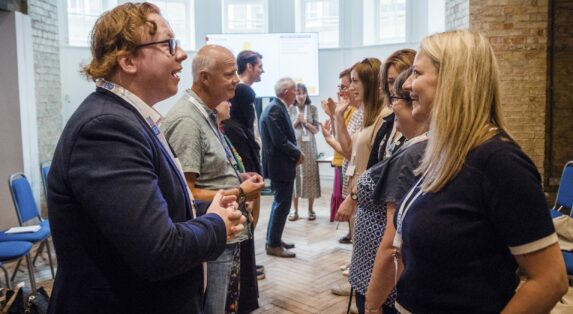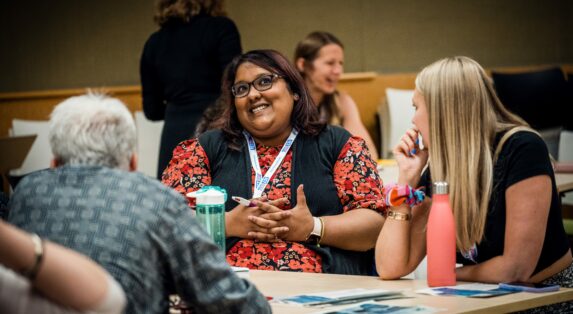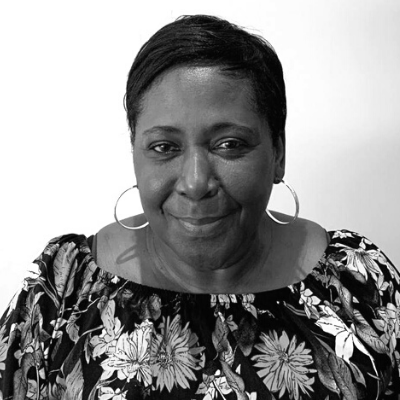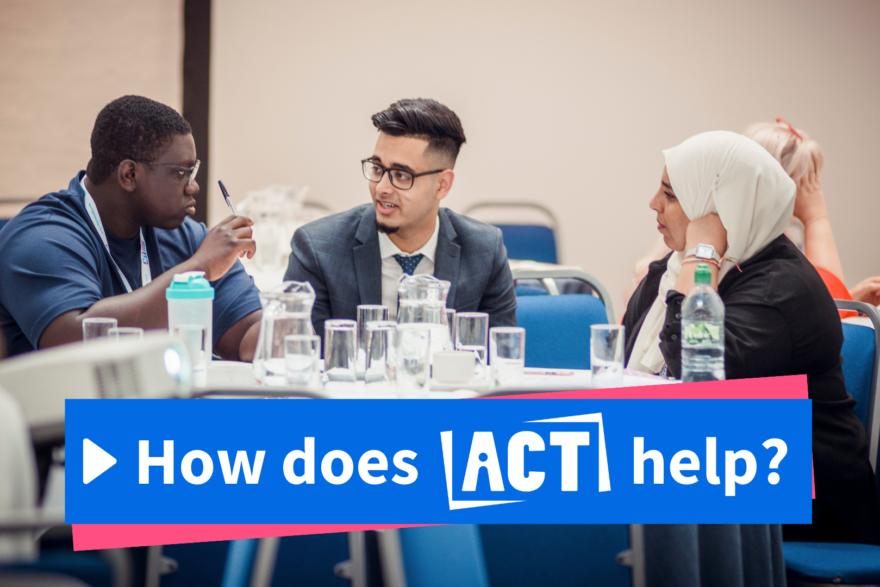
Citizenship Teaching Awards 2024
Do you know of someone who’s gone the extra mile to support students and provide effective Citizenship education?
ACT is the subject community for Citizenship teachers and educators.
We support all those engaged in leading, teaching and supporting high-quality Citizenship education in schools and colleges.
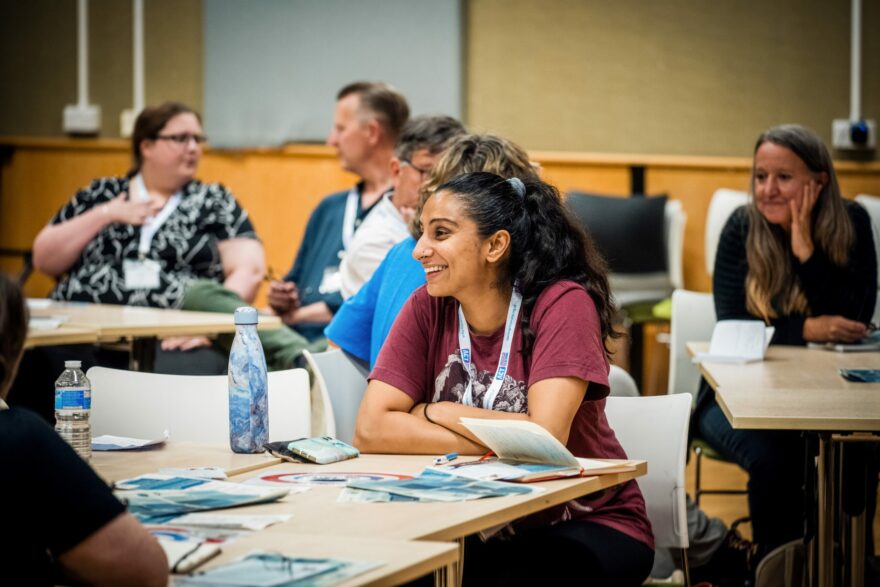
Become a member
We offer a range of packages tailored to the needs of our membership. See below for details of some of the benefits included.
- Teaching resources – This includes guidance to support the national curriculum for citizenship and resources for every key stage, from primary to post-16.
- One to one member support – Available from our advisory teachers and ACT Ambassador teachers.
- ACT journal ‘Teaching Citizenship’ – ACT’s journal has in-depth features, news and resources for all those involved with citizenship education. It contains articles about the latest policy information as well as case studies and lesson plans.
- ACT e-news – Our regular email updates (around twice a month) keep you up to date with the latest developments in citizenship.
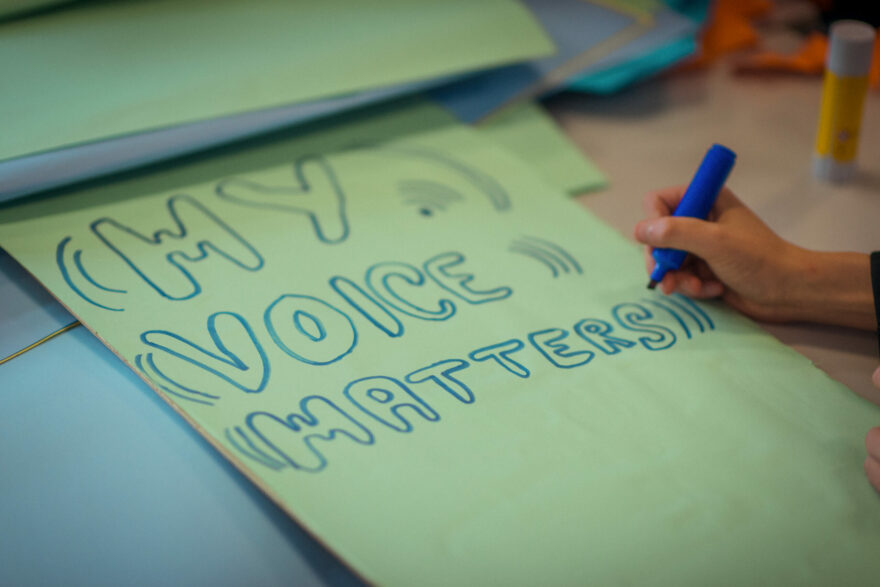

Active Citizenship in your school
Democracies are more likely to thrive when there is an engaged citizenry who contribute to political and public life. This might be as voters, community leaders or volunteers.
Schools are great places to develop and hone these skills. Help prepare your pupils for life beyond the school gates with our free Active Citizenship Toolkit and Awards offer.
How does ACT help?
We are ACT, the subject association for Citizenship teachers and educators. This short video showcases how your Citizenship education delivery and colleagues can be supported by our membership packages.
We serve teachers regardless of whether they are new to Citizenship, trained specialists or school leaders. We offer tailored CPD, highest quality classroom resources and guidance based on research-informed best practice. Get peace of mind with our trusted advice. Take a look at our offer today.

